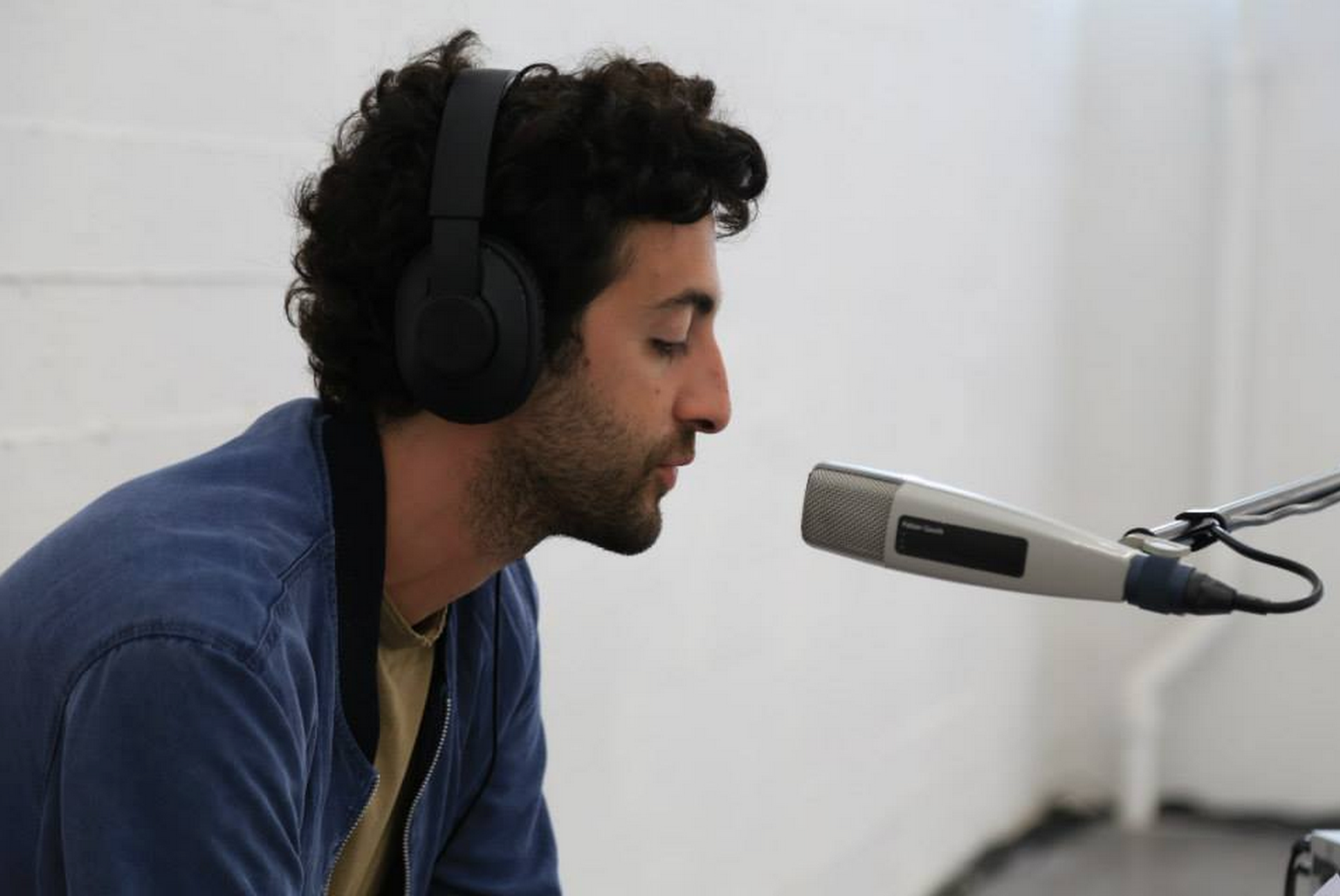Talk

The Movement as Living Non-Body
Open lecture with Daniel Blanga-Gubbay.
Starting from Elizabeth Povinelli's invitation to blur the distinction between life and non-life, this lecture proposes to consider the movement as that which has its own life, and not as that which is expression of a life (body).
More specifically, in which way dance can show the life of the movement, not simply as the movement of a living body, but a living non-body in itself? The movement is not the movement of a body (where the of is a condition of belonging), but is a movement by a body. With a reference to Graham Harman's Ontology and Choreography,this lecture investigates an ontology of the movement, to eventually recognize its agency as a non-human life, and the possibility of dance to disclose a territory beyond anthropocentrism: the movement as living non-body discloses the possibility to explore the potentialities of non-human life. The last part of the lecture travels with Māori thinker Emilie Rākete in the concept of Papatūānuku, raising the question whether agency – and political agency – are functions of a life that does not necessarily have to be human to enact them?
This research of Daniel Blanga Gubbay is part of his forthcoming article in a publication on movement research curated Moria Evans and Mårten Spångberg.
Daniel Blanga Gubbay is a researcher and curator. He graduated at the Architecture University in Venice with Giorgio Agamben and got a PhD in Cultural Studies between the universities of Palermo,Valencia and FUBerlin. He researches in Political Philosophy of the Arts, lectures in Beirut, and teaches at the Royal Art Academy in Brussels, coordinating the Arts and Choreography department. He works as programmer for the Kunstenfestivaldesarts in Brussels, and is the initiator of Aleppo, a platform for open and free public programs in performance and discursive practices.
The lecture is free and open to all.